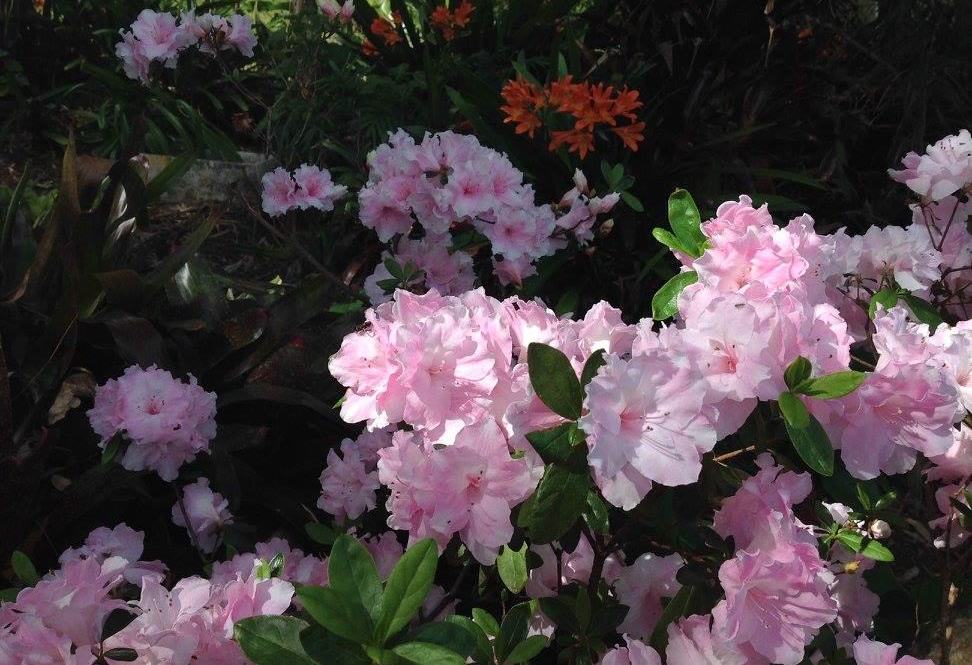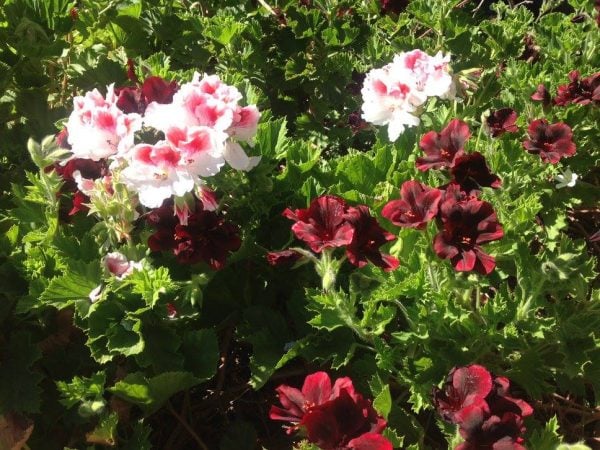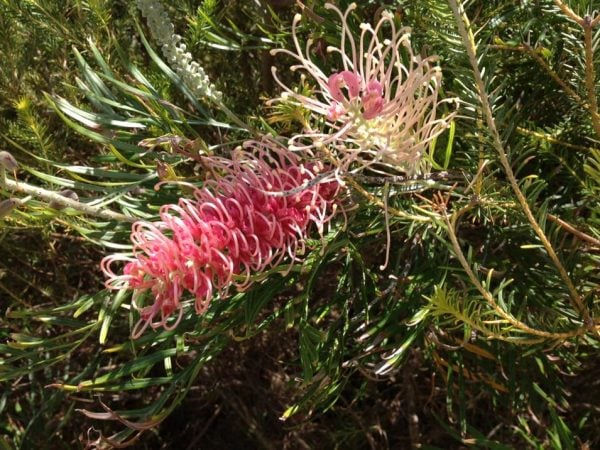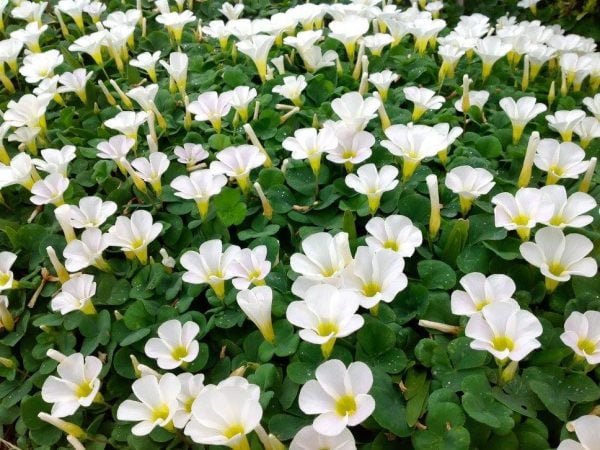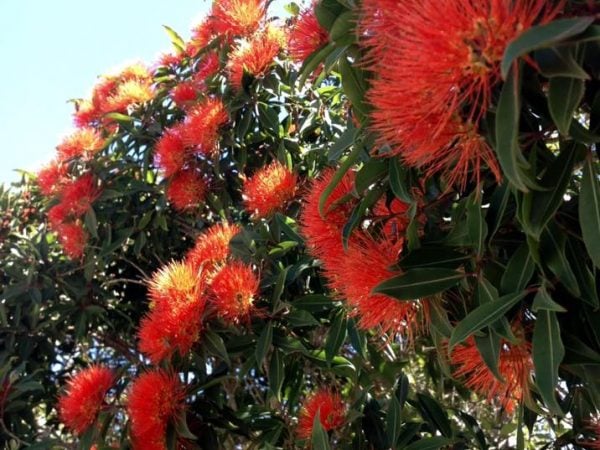Remember these tips are a guide only. Your individual situation may require professional help.
February can be very hot and humid. It’s always welcome when it isn’t.
If you want plants which can survive the harsh Aussie summers, choose tough plants. Crepe Myrtles should be looking good now. Think about including them if you have space, as they are one of those good performing tough guys in the plant world. And they have beautiful bark to admire when they lose their leaves in winter.
Other examples of tough plants are Cycads, Gazanias, roses (believe it or not), some succulents, Autumn or Storm Crocus, Dwarf Date palms (Phoenix Robeline: best in areas with plenty of space around them, due to dangerous spines), Oleanders (toxic plants) & Rubber plants (in pots only, or they’ll destroy the world ) among many others.
If it’s hot and dry, you may have to water the lawn. Soaker hoses turned down very low can be a good temporary alternative to expensive watering systems, provided you are around to shift them about.
When you mow the lawn, mow up high if it is looking stressed. However, if we are blessed with rain, then be prepared for humidity, which brings with it fungal problems to gardens. Keep garden areas clean of excessive dead leaves and weeds. Avoid watering foliage of susceptible plants and keep good air circulation around roses. Also try to water in the mornings so that excess moisture evaporates during the day.
Prune spent rose blooms, especially for Iceberg varieties. Then within 6 weeks, you will have another autumn flush of flowers.
If lawns are able to be kept lush, be on the lookout for lawn grubs from now on through to March. If you suspect them, put a mat or similar down overnight. In the morning they will be sheltering underneath it. Otherwise it may be a fungal problem.
Many lawns fail to thrive because there just isn’t enough good soil depth. You should have at least three quarters of a spade deep of good soil with a base of clay underneath this ideally.
The larger varieties of cherry tomatoes should be going well at the moment. We usually pick more than we can eat, without the pest and disease troubles of larger tomatoes.

